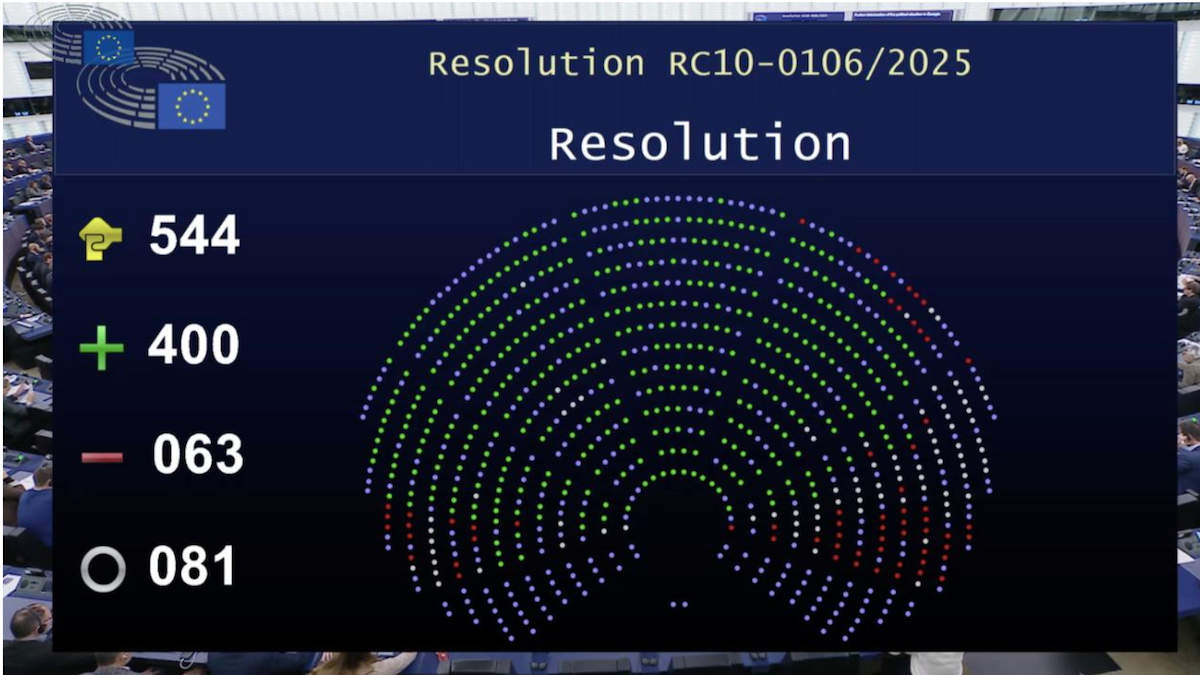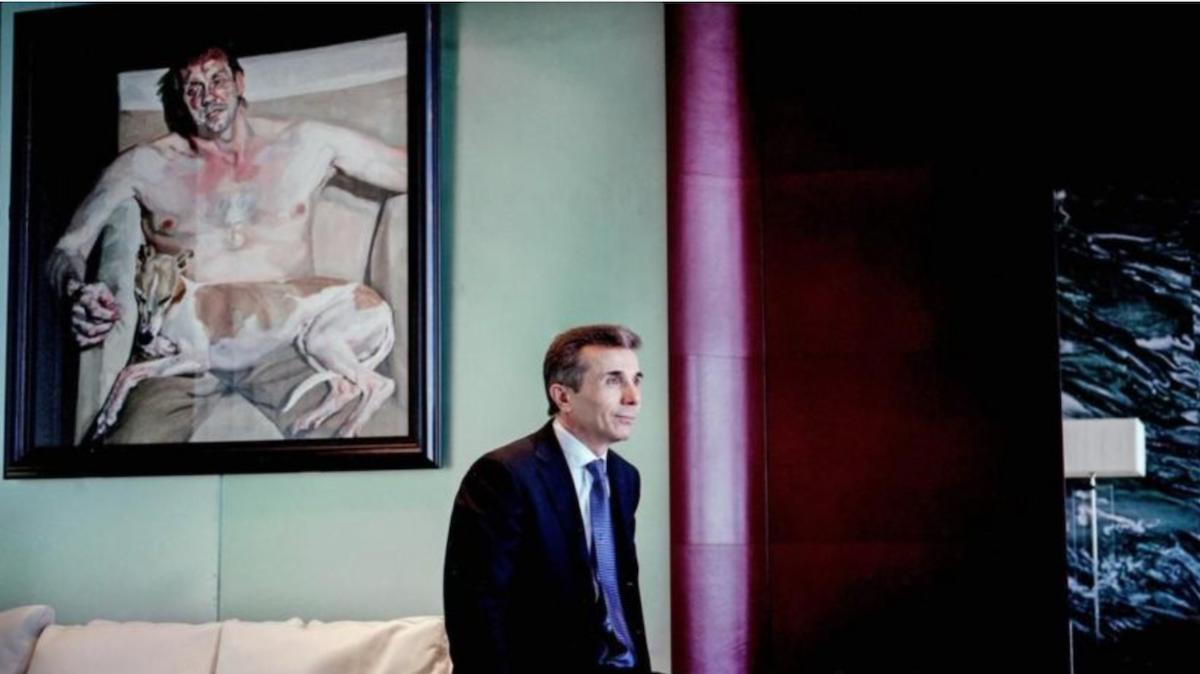"There is not enough reaction from our Western partners" - Salome Zourabichvili at the Munich Conference
Zourabichvili at the Munich conference
“I do not see enough reaction to the situation in Georgia from our European and American partners at the moment. And the situation is as follows: the country is ruled by an illegitimate, puppet government that seeks to become Putin’s tool and distance Georgia from its European path,” said Georgia’s 5th President, Salome Zourabichvili, during a panel discussion at the Munich Security Conference on December 14.
The discussion was moderated by British researcher Thomas de Waal.
What did Salome Zourabichvili say?
● “An illegitimate, puppet government has come to power in Georgia. It seeks to become a tool of Putin, making decisions to steer Georgia away from its European path and back toward Russia. This is dangerous because if it works in Georgia, it could be tested elsewhere. At this moment, I do not see a sufficient response from our European and American partners.”
● “Georgia is not just a country where 80% of the population has long demonstrated clear support for the European path. It is also a question of who will control the Black Sea tomorrow.
Russia has announced the opening of a new naval base in occupied Abkhazia. No one knows whether the deepwater Anaklia port, one of the region’s largest projects, is in Chinese hands. No contracts on its ownership have been made public, but that is often the case when it comes to China.”
● “I believe that the events in Georgia are much more than just political developments in a single country or a contest between one party and the opposition. This is a challenge for the European Union.”
● “This dictatorship [of Georgian Dream] can be defeated because it is weak, even if it is effective. The way to defeat it is through relentless resistance, and that is what the people have decided. I see my role as helping further consolidate existing political parties—but not only those. It is clear that street protests are in the process of creating new political forces, which will likely shape the future strategy of the movement.”
● “I am not an organizer of the protests, but I support them. I hear from participants that they are determined to remain in the streets, and some are even willing to stay in prison if necessary. No one has come up with a better strategy to defeat a dictatorship than resistance. But external support is crucial, even morally, for the people.”
● “Some of our partners still believe something can be done to stop ‘Georgian Dream’ from turning toward Russia and away from Europe. But inside the country, we know they are finished—the game is lost with them. That is why people expect a clear condemnation of the party’s actions. The rest we must do ourselves; no one expects direct intervention.
However, direct support is also needed. EU institutions say the funds currently allocated to Georgia through state financing programs should be redirected to civil society. But every group I met with before coming here told me this has not happened. They have not received such support. And by the time it arrives, it may already be too late.”
● “Russia has offshore laws, and all our partners should be concerned about new laws in Georgia that make it the most effective offshore haven. This means that not only the country’s main oligarch, ‘Georgian Dream’ founder Bidzina Ivanishvili, but also other Russian oligarchs who could be subject to sanctions may move their assets to Georgia.
If new, fair parliamentary elections are not held—or, in the worst case, if they are not scheduled alongside local elections at the end of the year—I believe many will not participate. People will not trust the process because they will know that local elections will also be fully controlled by one party, and nothing will change in terms of electoral fairness.
‘Georgian Dream’ is already preparing for this. They are increasingly changing the electoral code to suit their needs. And even if opposition parties participate in local elections, there will be enormous public distrust. How can these elections suddenly be free and fair when the parliamentary elections [in October 2024] were not?”
● “But this is a decision for political parties to make in due time. For now, the protest movement is entirely focused on one demand—holding new parliamentary elections.”
News in Georgia
Zourabichvili at the Munich conference




















